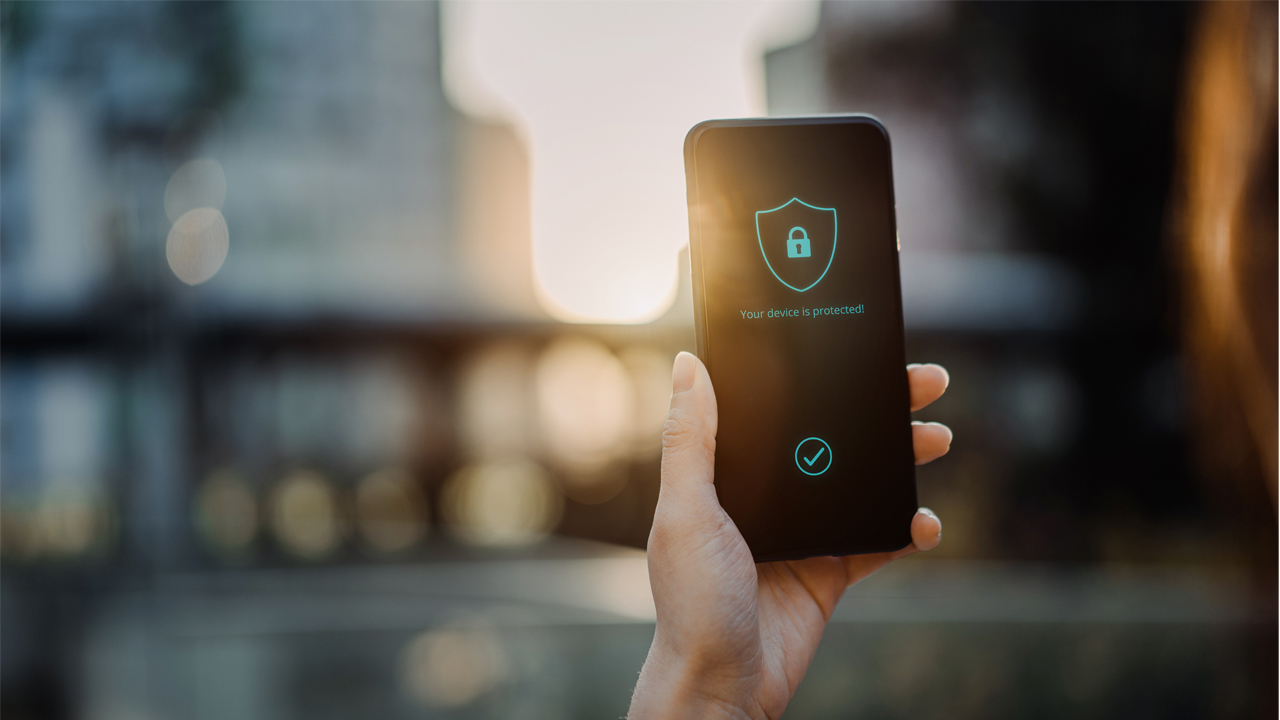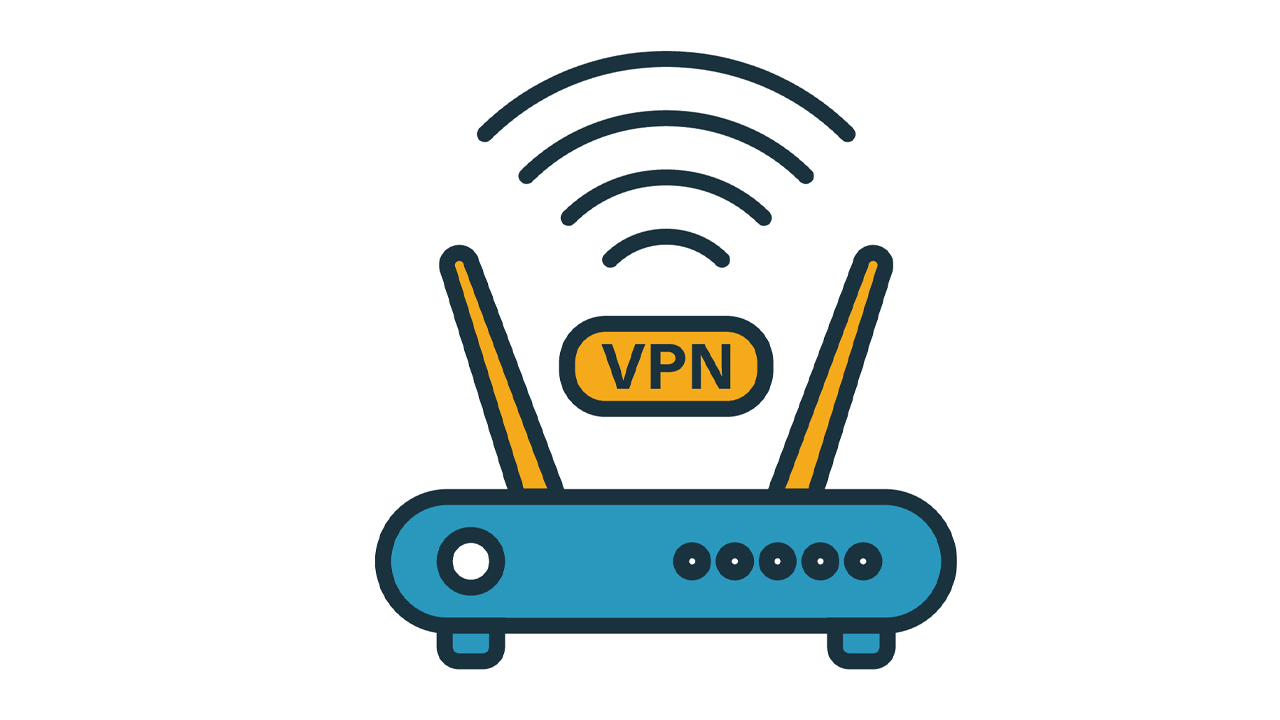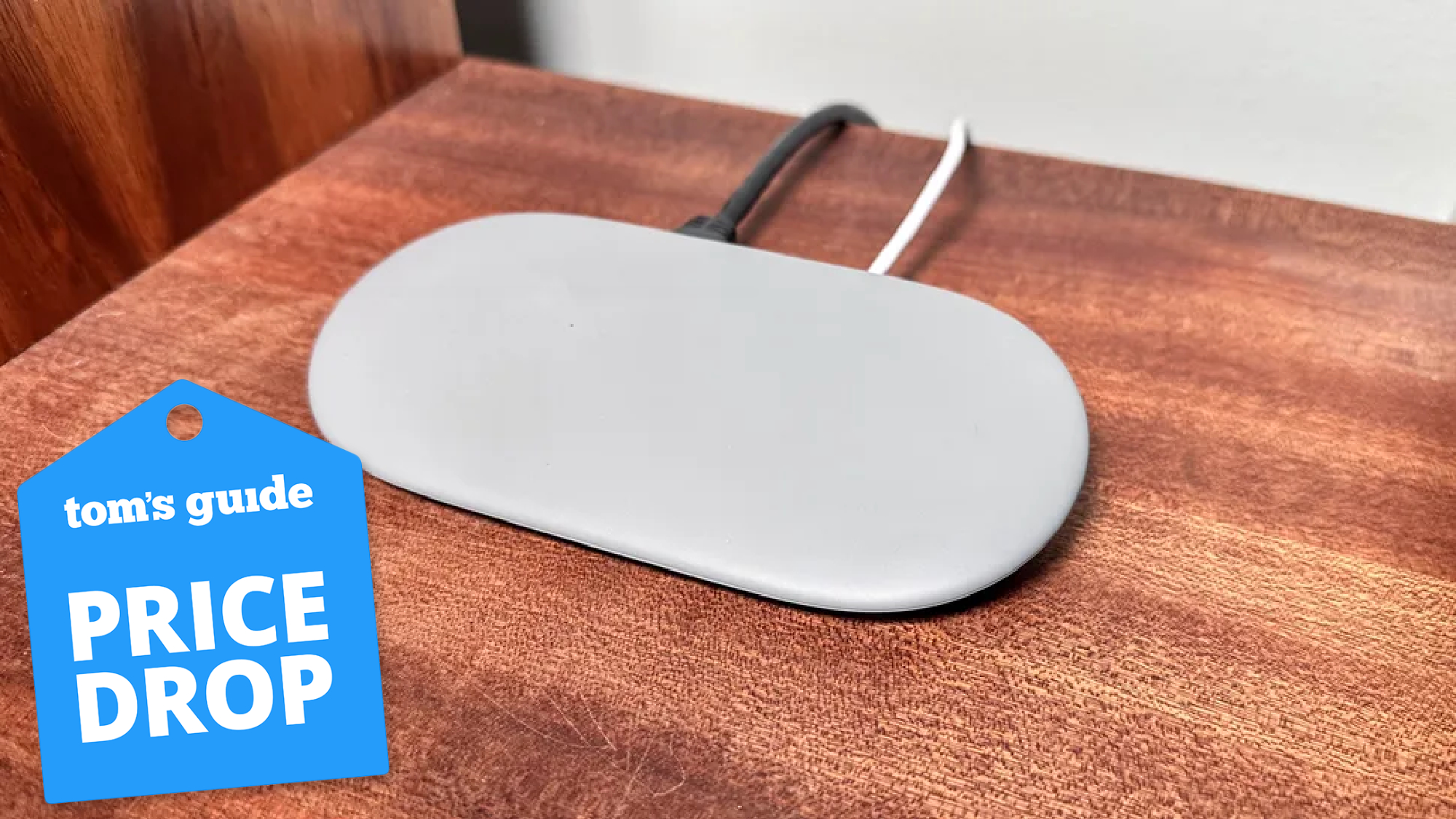47% of people only use a free VPN – here’s why that should change
A free service can only take you so far

We all love a freebie, and most of us don’t want to spend any money if we can help it – that’s why free VPN services are popular. However, in our recent survey, we discovered a huge 47% of VPN users solely use a free service, and that worried us a little.
A free service is a great starting place for VPN newbies, but anyone who takes online privacy seriously or wants to get the best VPN experience the software can offer should be using a premium service – even if it’s only a cheap VPN.
So, here we’ll be running down exactly what no-fee VPNs can offer, when they can be useful, and when you should really consider upgrading to a premium provider.
- More: Get the lowdown on the Twitter ban in Nigeria
- Follow our five-step plan on how to torrent safely
- More than 40% of VPN subscribers use them for streaming – here's why
What problems do no-fee VPNs have?
Your free options are split in two – truly free services that likely make money from serving you ads or selling your data, or ‘freemium’ VPNs. Freemium services offer a stripped-back version of a premium, paid-for product, essentially acting as a never-ending VPN free trial in the hope that it can entice you to upgrade.
The issues with the former are obvious – you’re routing all your traffic through an application that you essentially can’t trust, negating the primary function of a VPN. And, seeing as 67% of those surveyed identified online privacy as a key concern, a considerable amount of people are using potentially substandard free services in the hope of staying anonymous.
Freemium options can look appealing, though, and they are useful – to a certain extent. However, compared to the premium products they’re based on, these free versions often come with significant limitations. Most commonly the amount of data you can transfer is limited, ranging from the measly 500MB per month TunnelBear offers to the relatively generous 10GB a month you’ll get from Windscribe. One of the very few providers not to limit data for free users is our chart-topper ProtonVPN.
In use, you’ll notice that your server selection is very limited, often with only one, two or three locations available. Speeds will likely be throttled, and while you can scrape by with a free Netflix VPN, they’re almost wholly unusable for unblocking streaming content. Plus, any extra security features – ProtonVPN’s Secure Core servers, for example – will usually only be available for paying customers.
Sign up to get the BEST of Tom's Guide direct to your inbox.
Get instant access to breaking news, the hottest reviews, great deals and helpful tips.
So, in general, while freemium options are generally safe to use in terms of protecting your data, they don’t provide the full package.

When is a free service a viable option?
We’re not saying that free services don’t have their place, and in fact they can be very useful for casual users – it’s just useful to know their limitations.
If you’re using your VPN to quickly change location to check prices of products in other areas, avoid mild geo-blocks like those used on some news sites, and for the occasional email when on public Wi-Fi, a free option may well do the job. For more long-term or secure VPN usage, though, they simply can’t cut the mustard.
When should you use a premium VPN?
If you’re serious about data privacy and getting the most out of your streaming subscriptions, finding the right premium VPN is the only way to go.
If you’re looking for a streaming VPN, you simply won’t be able to find a free service that does the job – trust us, we’ve tried. However, there are some very affordable options that make streaming geo-blocked content super simple, like Surfshark. At $2.49 a month, it’s our favorite cheap provider.
Those who torrent will also appreciate the unlimited data transfer afforded by premium services, and connection speeds won’t be held back. Our top torrenting VPN is ExpressVPN, and while it’s a little more expensive than some of the competition, you really do get what you pay for.
However, one of the most important features of a VPN that no free service we know of offers is 24/7 support. If you run into a problem – perhaps you’re struggling to unblock Netflix, or your speeds have dropped – the very best services allow you to live-chat with support staff at any time of the day or night. That saves you trying to figure out settings on your own, and should get you up and running in no time.
Finally, premium VPNs like ExpressVPN, NordVPN and Surfshark that don’t offer free versions also don’t have to make certain concessions some free providers do in terms of user privacy. They can afford to be totally zero-logging and bring in experts for independent security audits, and with millions of paying customers, there’s plenty more money floating around to invest in the server network, updating apps, and developing new technologies. So, if you don’t want to make any sacrifices in terms of usability and be on the very cutting edge of tech, you really do have to cough up the cash.
- Get to know which VPNs work with Netflix
Which VPN do we recommend?
ExpressVPN – our top-rated service today
With over 3,000 servers worldwide and excellent speeds on just about all of them, ExpressVPN is a versatile, secure solution for streaming, torrenting, and day-to-day browsing. You can test it out risk-free for 30 days and claim your money back, and now Tom's Guide readers can get three months absolutely FREE.


Mo is VPN editor at Tom's Guide. Day-to-day he oversees guides on the best VPNs, privacy, and cybersecurity content, which includes making sure all his recommendations are up to date, accurate, and as useful for the reader as possible. He's a daily VPN user himself – typically NordVPN, but he enjoys a variety – and as a digital privacy advocate he believes that every step should be taken to protect yourself online.

